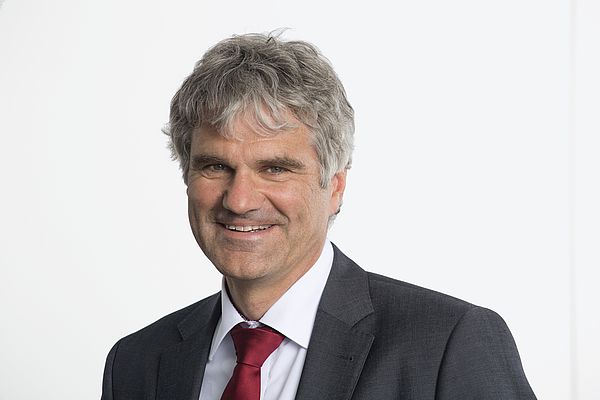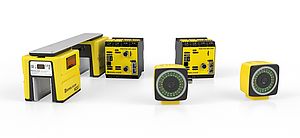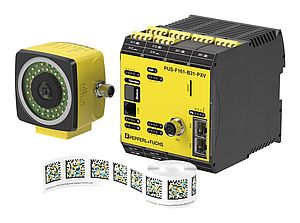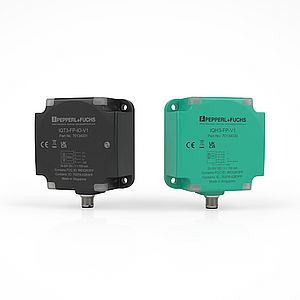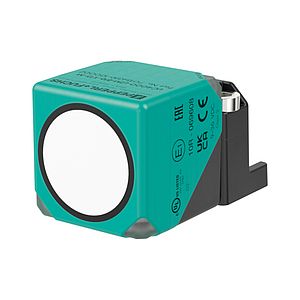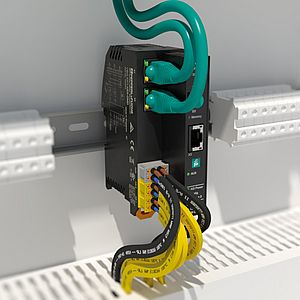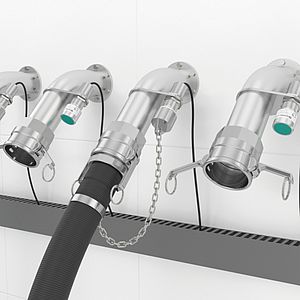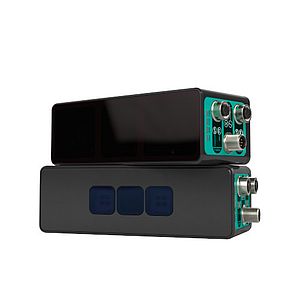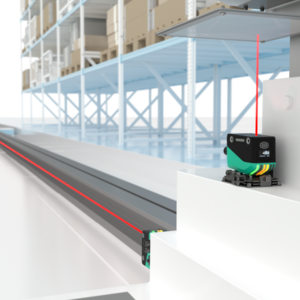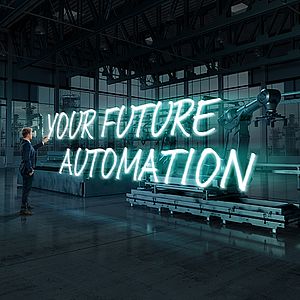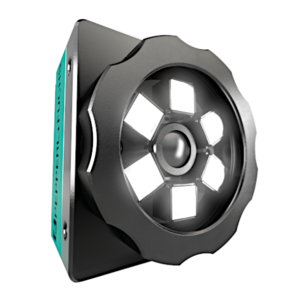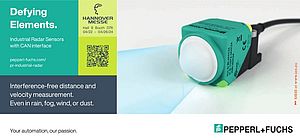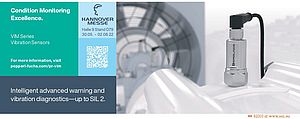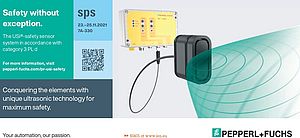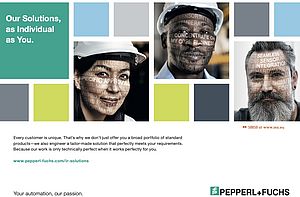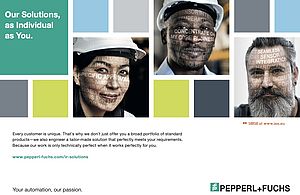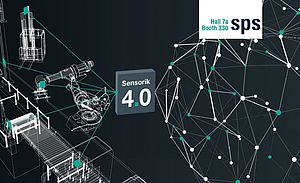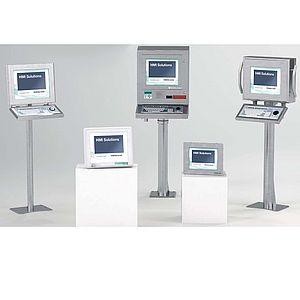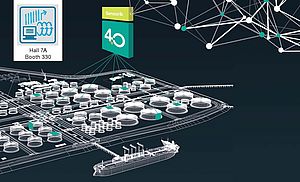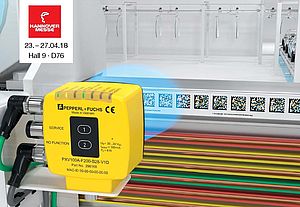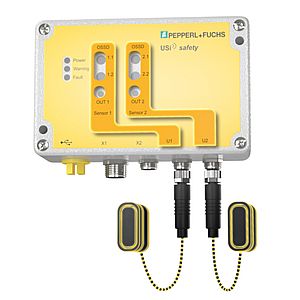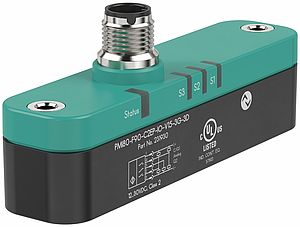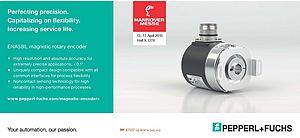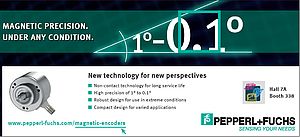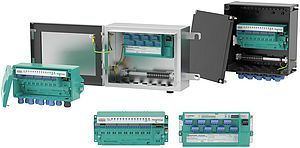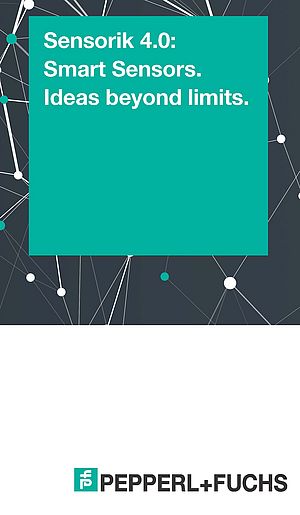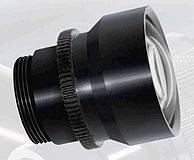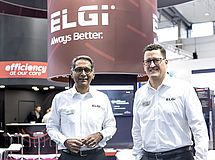Interview number 7 of our virtual round table: Benedikt Rauscher, Manager Global IoT / I4.0 Projects at Pepperl+Fuchs AG
IEN Europe: What are the main challenges when talking about digitalization? How to limit the side effects of the digital adoption?
B. Rausche: Digitalization doesn’t come for free. Processes must be analyzed and structured before digitalizing them, as it doesn’t make any sense to digitalize any conventional or analogue process. Another challenge is that today we need completely different skills - like programming or understanding IT systems - to face new challenges coming for OT companies and be able to sell software-based products or manufacture digital components. Standardization is also essential. We need to work with other companies and competitors to create standardized interfaces. Among other challenges, we can list security issues – which are increasing and must be solved – and shorter time-to-market, which calls for a more agile structure and working style suitable for software development.
IEN Europe: How much is digitalization part of your company’s strategy and why?
B. Rauscher: Digitalization is a central part of our company’s strategy. For this reason, we set up a digital agenda based on 4 pillars: Smart business processes; Smart production; Smart products – which include smart connectivity and services; Smart standardization – or collaborating with other companies and standardization bodies. We are presently running several activities and projects around these four pillars both internally and together with our partners and customers. For example, we created a digital guide for internal use to explain the principles of digitalization in an elearning format and make the digital agenda transparent. This is a very useful tool developed for our employees, but it could be used with customers as well one day. Currently, we are collaborating with major IT companies like SAP, and with platforms like the Open Industry 4.0 Alliance and the German Plattform Industrie 4.0 to give our contribution to drive forward Industry 4.0. So yes, we are very committed to the theme of digitalization.
IEN Europe: Digital thread or digital threat? What’s your opinion?
B. Rauscher: Digitalization is definitely a chance. A chance to find new applications for existing products and new business models. Our internal and engineering processes are becoming much more efficient. Many digital tools make simulation possible and engineering products are now able to work together without the need to manually copy-paste data from one to the other. These tools are standardized and are working together on digital platforms. IoT can also improve energy efficiency by reading our sensors and collecting data, for example temperature or flow. It’s a real chance to improve not only production but also the overall company. Risks are definitely coming up as the IT-Security of a huge number of networked devices is becoming mainly important.
IEN Europe: What’s the role of IoT in today’s factory? Why is it so important to undertake the digital transition?
B. Rauscher: The role of IoT is fundamental because it offers the chance to get more data out of the factory – from sensors, machines or products – and retrieve information to improve production, maintenance and efficiency. The digital transition will happen anyway, whether we want it or not. Products are becoming more and more digital and even companies like Pepperl+Fuchs, which is traditionally a manufacturer of components, will have to produce software. Customers are asking for products with a digital value and software related assets and IoT can make industrial production more efficient and help generate new business models based not only on products and databases but also on digital services.
Sara Ibrahim


